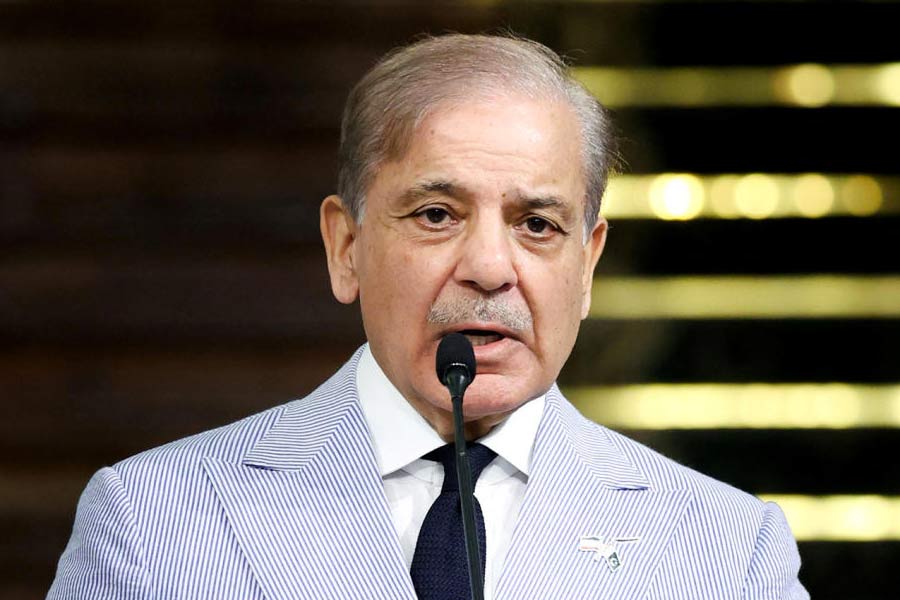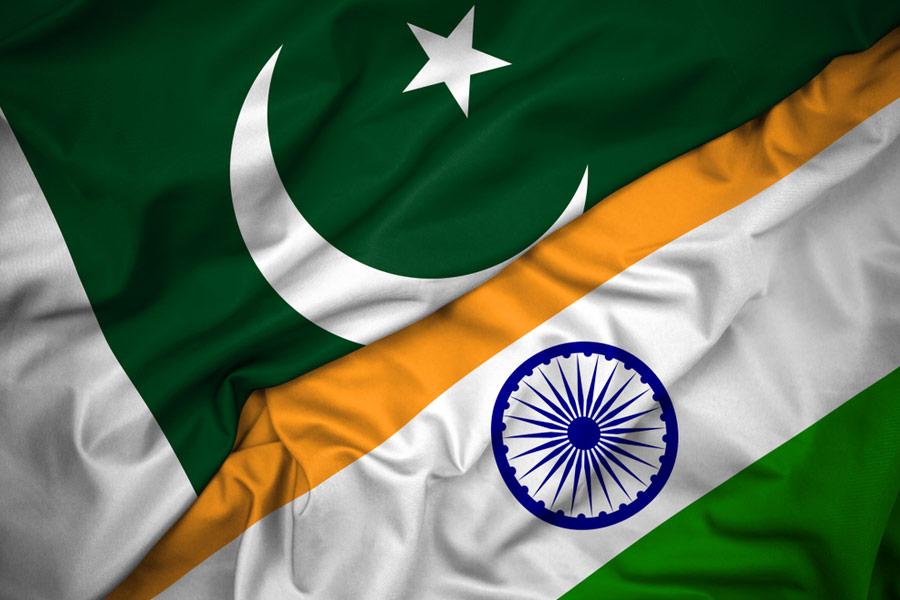Prime Minister Shehbaz Sharif on Saturday claimed Pakistan not just responded to Indian aggression during the brief conflict earlier this month but also turned the tables on the opponent.
Addressing army officers at the Command and Staff College at Quetta in Balochistan province, Sharif was talking about the four-day confrontation with India that began in response to the April 22 Pahalgam terror attack that claimed 26 lives.
Prime Minister Sharif said that Pakistan’s armed forces were the “guardian of our sovereignty and integrity” and added that “India attempted aggression under the guise of Pahalgam, but Pakistan not just responded to it but also turned the tide.”
India launched Operation Sindoor on May 7, targeting terrorist infrastructure in territories controlled by Pakistan using long-range weapons such as the Brahmos cruise missile in response to the Pahalgam terror attack.
The strikes triggered four days of intense clashes that ended with an understanding on stopping the military actions on May 10.
On Saturday, Sharif also said that when India attacked on May 7, Pakistan gave a befitting reply on land and airspace. “The Pakistan Air Force showed its professionalism by downing Indian jets and targeting seven high-value enemy assets,” he claimed.
“Air Chief Marshal Zaheer Ahmed Babar proved his mettle, while Chief of Army Staff Asim Munir delivered a historic victory, cementing his stature as a deserving Field Marshal,” he said.
India launched a massive counter-attack on early May 10 that hit many of the key Pakistani military installations after the neighbouring country attempted to target Indian bases the previous night.
New Delhi has been maintaining that India's fierce attacks on May 10 forced Pakistan to plead for ending the hostilities.
Sharif also reiterated that Pakistan would not allow India to unilaterally suspend the Indus Waters Treaty (IWT), warning that water cannot be used as a weapon against the country.
Soon after the April 22 Pahalgam terror attack, India announced abeyance of the IWT among other punitive measures. The IWT was signed in 1960 by the two countries to address the water dispute between them and to share the waters of the six main rivers of the Indus basin.
The prime minister, who was in Quetta on a day-long visit, further said that the government and people of Pakistan stood shoulder to shoulder with the armed forces in safeguarding the country’s sovereignty.
Reaffirming Pakistan’s resolve, Sharif warned that any future misadventure by India would be met with a resolute and forceful response.
Welcoming foreign guests at the institution, he said their presence reflected Pakistan’s strong ties with friendly nations.
Later addressing a Grand Jirga (council of tribal elders) in Quetta, the prime minister said that Pakistan not just defeated India but also avenged the 1971 incident.
He was referring to the Liberation War in 1971 in Bangladesh (then East Pakistan) when Islamabad conceded defeat and unconditionally surrendered in Dhaka to the allied forces comprising the freedom fighters and the Indian soldiers.
Except for the headline, this story has not been edited by The Telegraph Online staff and has been published from a syndicated feed.











